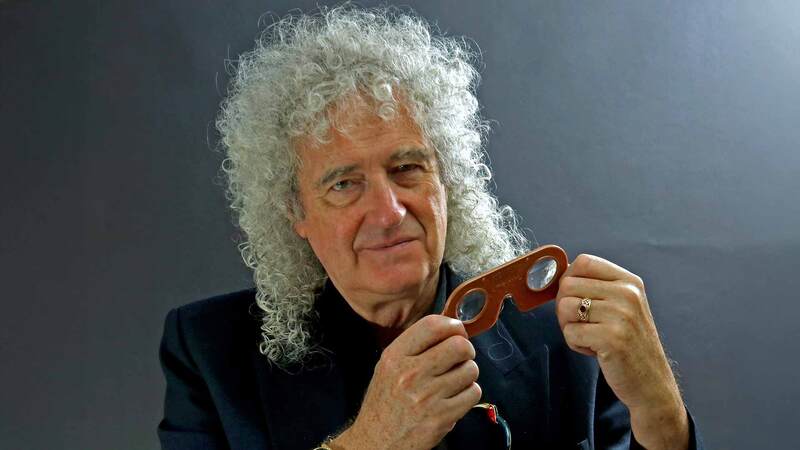You are viewing your 1 free article this month. Login to read more articles.
Helping academics become authors
Academic researchers offer an untapped mine for exciting non-fiction.
Why does the world need more books based on academic research in the humanities and social sciences? And why do we need a prize that celebrates them?
It’s because we believe – and this year’s shortlist of the British Academy Book Prize for Global Understanding actually shows – that research has a vital role to play in deepening understanding of people, cultures and societies.
However, a recent survey with our Early Career Research Network has revealed that although there is an appetite among researchers to reach a wider public audience with their work, there is also a vast shortfall in knowledge as to the best way of engaging with the world of publishing outside academia.
The £25,000 British Academy Book Prize now receives almost 200 submissions each year – these are books from the major publishers, independents and academic presses. They span a vast range of subjects from politics and anthropology to history and climate change. Some books will be on familiar or universal topics while others might focus on a particular locale or region yet have global resonance, as was the case with last year’s winner on female homicides in Chile, When Women Kill by Alia Trabucco Zerán.
Not all the books submitted are written by academics – and it is not a requirement of the Prize – but many of them are. We do however want our titles to be informed and based on rigorous research.
The theme of global cultural understanding is far-reaching and although we do see a broad range of topics, we’ve noticed that there are also disciplinary and geographical gaps. As a funder, we know the research is out there but we aren’t seeing it come through in publicly available books.
In considering the submissions this year we’ve been struck by how somewhat niche subjects, that might previously have appealed to a small group of readers with a special interest, can now reach a wider audience. This is certainly reflected in the rise and rise of podcasts which cover a whole range of weird and wonderful topics. This surely means that for publishers looking for exciting new non-fiction there is vast un-tapped potential in the work of academics and researchers that they could be exploring and making much more of.
For publishers looking for exciting new non-fiction there is vast un-tapped potential in the work of academics and researchers that they could be exploring and making much more of
At the British Academy we wanted to delve a little deeper and to understand how the publishing industry might widen their engagement with academic research. We were keen to discover whether we could encourage closer working relationships between academics and a broad range of publishers.
As the UK’s national academy for the humanities and social sciences, one of our roles is to be a convener for the discussion of challenging questions and we felt we should use this capacity to bring publishers, agents, journalists and academics together to take part in a roundtable to find out if this were a real issue – and to discover what we might do to collaborate.
It was important first of all to ask researchers whether there was any substance to these ideas. Was there an appetite among scholars to have their work published with a trade publisher and, if so, would they know how to go about it? Through a survey of the Early Careers Research Network we found that 88% of respondents thought their research had the potential to appeal to a wider readership, but 45% said they didn’t think trade publishers expressed sufficient interest in publishing works rooted in academic research.
Of course, not all academics are looking to go down the trade publishing route.
Indeed, there was some discussion at the roundtable on the issue of postdoctoral researchers who are often advised to prioritise writing for the academic community. Research quality and peer reviews, as defined by the Research Excellence Framework (REF), carry more weight than book sales in terms of academic value and financial reward through career advancement and promotion.
But feedback from the Early Career Research Network found that for those who are looking for wider recognition outside academia, one of the greatest barriers was not knowing where to start in approaching publishers and agents.
There is evidently a general need to demystify the publishing process and to increase knowledge among those who are seeking to have their work published. This might well be done through the provision of networking events and webinars, but also through workshops that could help researchers to develop writing styles for non-academic audiences.
Given these responses and the productive morning’s discussion around the table, it became apparent that trade publishers could do more to strengthen links with academia, just as some academic publishers are developing important series that seek to draw in a wider spectrum of readers. The opportunities are there to discover exciting new voices in non-fiction and to publish books about important global issues that may even turn out to be future winners of the British Academy Book Prize.




















